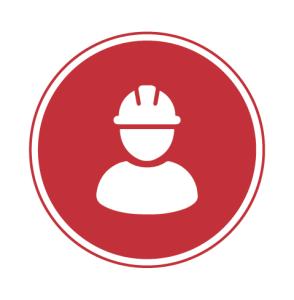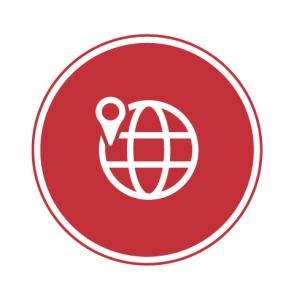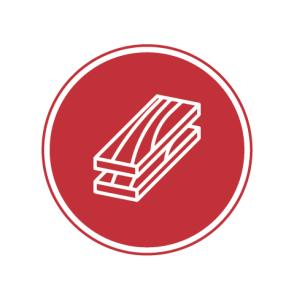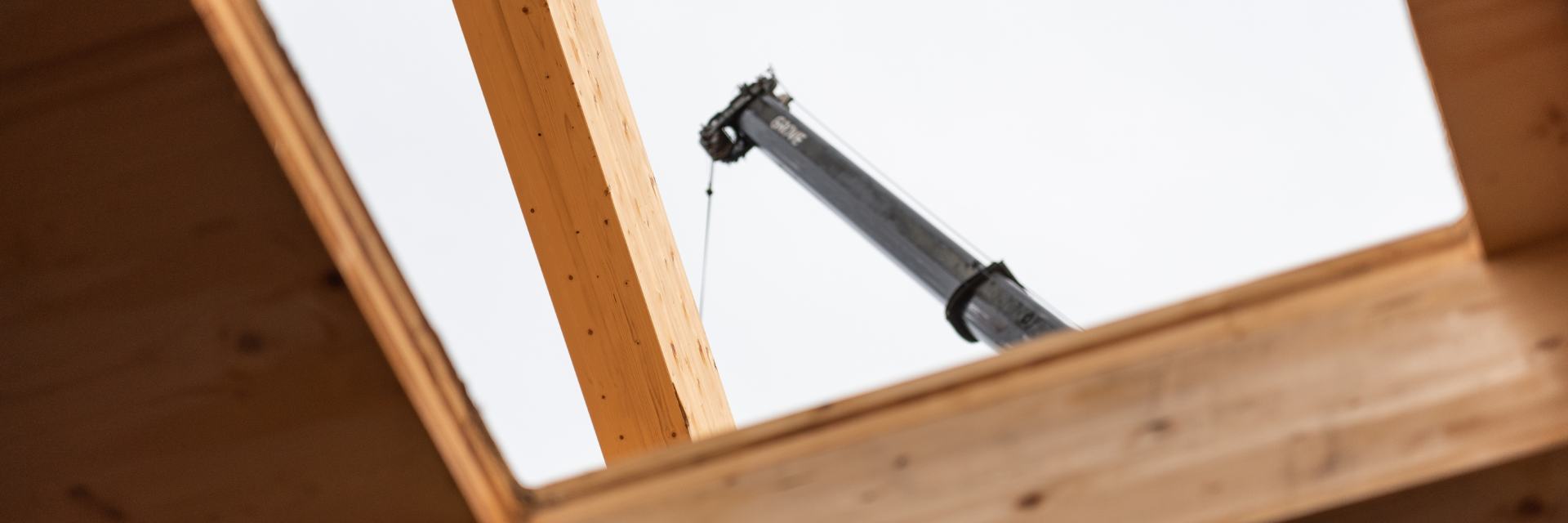Having planned and built more than 20 mass timber projects, Consigli is a leader in a Northeast building industry that has witnessed a significant increase in the use of mass timber building products. Matthew Tonello, Director of Operations and an expert in the firm’s use of mass timber, provides insight on emerging trends with the sustainable structural system’s increased adoption.
Since the introduction of Cross Laminated Timber (CLT) to the U.S. more than a decade ago, Consigli has been on the forefront of erecting structures utilizing this sustainable structural solution. Over the last three years, we have seen a 300% increase in the number of projects utilizing and considering mass timber, not limited to CLT.
By integrating CLT with Glue Laminated Timber (GLT) to create entirely wood superstructures, design teams have been able to reduce the quantity of concrete in buildings thereby reducing carbon emitting materials in the built environment. The increased adoption of mass timber by clients is a major driver in green building, and we’re amidst exciting trends in the adoption of mass timber in the Northeast.
 Trends in Construction Manager Selection
Trends in Construction Manager Selection
We have witnessed Construction Managers (CMs) with self-performing carpentry capabilities lead the industry’s mass timber adoption. The advantage that CMs with self-perform capabilities have over those without is a better understanding of constructability, coordination and installation strategies. With hands-on experience handling timber elements with their own craftspeople, self-performing CMs like Consigli are equipped with more timber package procurement options and can more accurately price early-stage designs based on experience from field operations personnel who routinely manage rigging, crane selection and material handling.
 Trends in Sourcing Domestically
Trends in Sourcing Domestically
The majority of CLT’s global supply is based in Austria and Germany, where the material originated. However, we are seeing recent projects specified with Buy America goals and client requests to source timber materials locally. Additionally, logistics planning for the delivery of non-domestically sourced materials has been a challenge in the last two years, causing CMs to look for domestically produced materials.
While CLT production remains new to the U.S. market, Consigli has been requesting locally sourced lumber and partnering with laminators to explore ways to incorporate lumber from regional forests. Although glue laminators have been in the U.S. for decades, we are just now starting to see increased interest in New England forests as a prime location for mass timber manufacturing. Some mass timber suppliers have recently consolidated in the U.S. market.
Additionally, select modular and light wood frame panel manufacturers have moved into computer numeric controlled (CNC) wall panel fabrication and incorporated CLT floor and wall plates into their design solutions. We have also seen novel methods of all-wood construction through alternatives to CLT and GLT, like the introduction of Nail Laminated Timber (NLT) and Dowel Laminated Timber (DLT), Mass Plywood Panels (MPP), Parallel Strand Lumber and larger block glued timber elements.
As the European market continues to innovate timber manufacturing methods (e.g. introducing massive Parallel Strand Lumber elements as alternatives to glulam columns and beams, using timber cords and plywood webs on light box girders for lighter timber roof structures, etc.,) Consigli is advocating to bring those products to the U.S. market by serving in leadership roles on the Engineered Wood Products Committee for the Memorandum of Understanding Concerning Cooperation in Forestry between Finland and the State of Maine and the Maine Mass Timber Advisory Council.
 Innovation of Mass Timber Products
Innovation of Mass Timber Products
When a new building material like mass timber is introduced to the market, it creates an environment ripe for innovation. In partnership with the University of Maine Advanced Structures and Composites Center, Consigli is working on an alternative to CLT floor plates with the intent of finding more efficient ways to laminate timber while also maximizing the timber resource.
We have also seen new product development with the intent of reducing the quantity of wood fiber volume in long span roof plates, such as Austria’s Kielsteg product. Though it is not yet available to the U.S. market, we see it as a significant advantage for long-span, unrated roof plates.
Additionally, we have been introduced to a new cross laminated product called Lignor, which inventively laminates highly efficient, stranded composite lumber into a laminated billet that utilizes a significantly more efficient use of the timber resource.
The emphasis on sustainability and reducing carbon footprints in construction is no longer just a desire—it’s a necessity. Continued innovation and more options for U.S.-based sources will lower the risk of supply-side sourcing of mass timber products and drive clients and contractors toward more efficient solutions. The future of mass timber will be driven by innovations in engineering more efficient uses of the lumber resource, further elevating mass timber’s sustainability advantage over traditional structural systems.

